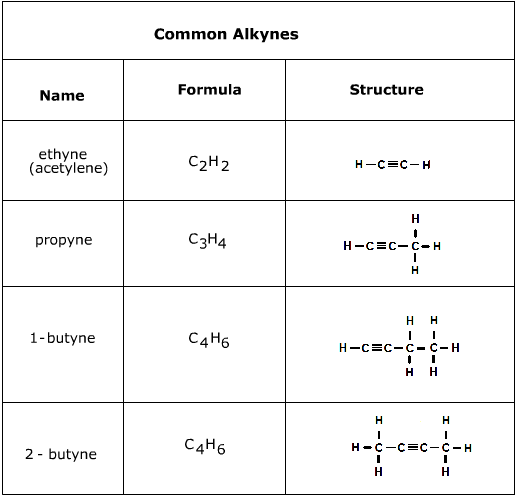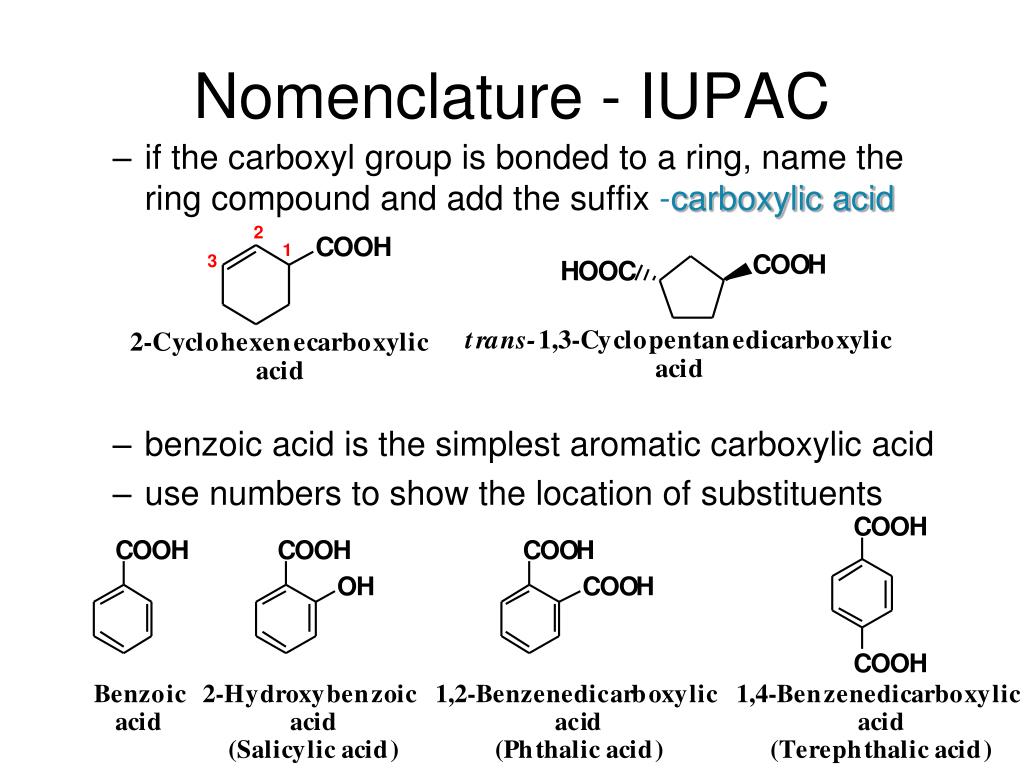
This information includes factual, theoretical, and practical concepts presented in science. The information collected from the basic science courses lead to understanding the polymers. The knowledge of polymers and related texts provide both the information and insights of their better understanding in our life. In our ever-increasing technological world, science plays a crucial role in providing solutions to critical problems of food, clean and abundant water, air, energy, and health. In fact, it is difficult to imagine human society without synthetic and natural polymers. 4īoth natural and synthetic polymers are remarkably involved in comfort and facilitation of human life and are responsible for life itself, for medication, nutrition, communication, transportation, irrigation, container, clothing, recording history, buildings, highways, etc. Today, the polymer industry has rapidly developed and is larger than the copper, steel, aluminum and some other industries combined. Man-made polymeric materials have been studied since the middle of the nineteenth century. Polymers have been around us in the natural world since the very beginning (e.g., cellulose, starch, and natural rubber). This process in nature has resulted to the formation of natural polymers, while the synthetic polymers are man-made. Monomers have the ability to react with another molecule from the same type or another type in the suitable condition to form the polymer chain.

Polymers are obtained through chemical reaction of monomers. The polymer molecule has very high molecular weight (between 10 000-1000 000 g/mol) and consists of several structural units usually bound together by covalent bonds. The word “polymer”, or sometimes "macromolecule", is derived from classical Greek poly meaning "many" and meres meaning "parts". Product made from polymers are all around us: clothing made from synthetic fibers, polyethylene cups, fiberglass, nylon bearings, plastic bags, polymer-based paints, epoxy glue, polyurethane foam cushion, silicone heart valves, and Teflon-coated cookware. These new materials are polymers, and their impact on the present way of life is almost incalculable. The rapid increase in demand for the manufactured products introduce the new materials.

Steel, glass, wood, stone, brick, and concrete for most of the construction and cotton, wood, jute, and a few other agricultural products for clothing or fabric manufacture were used. There were relatively few materials available for the manufacture of the article needed for a civilized life. Since many years, people used polymers in their life but they did not know it well almost until World War II. Polymers, a large class of materials, consist of many small molecules named monomers that are linked together to form long chains and are used in a lot of products and goods that we use in daily life. The polymers, a word that we hear about it a lot, is very vital and one cannot imagine the life without it.


 0 kommentar(er)
0 kommentar(er)
